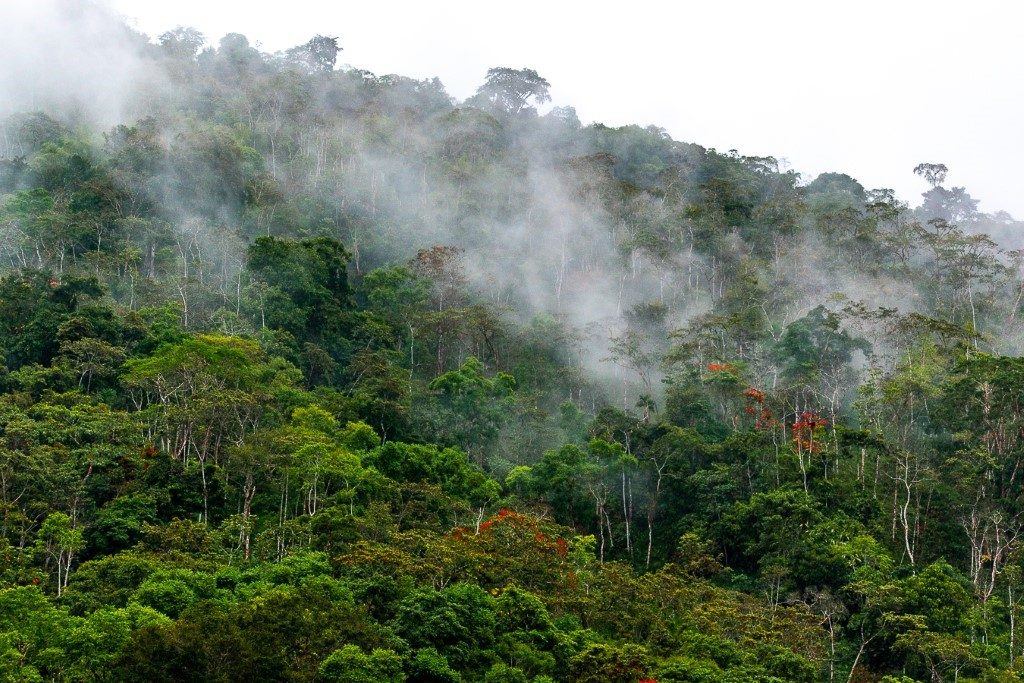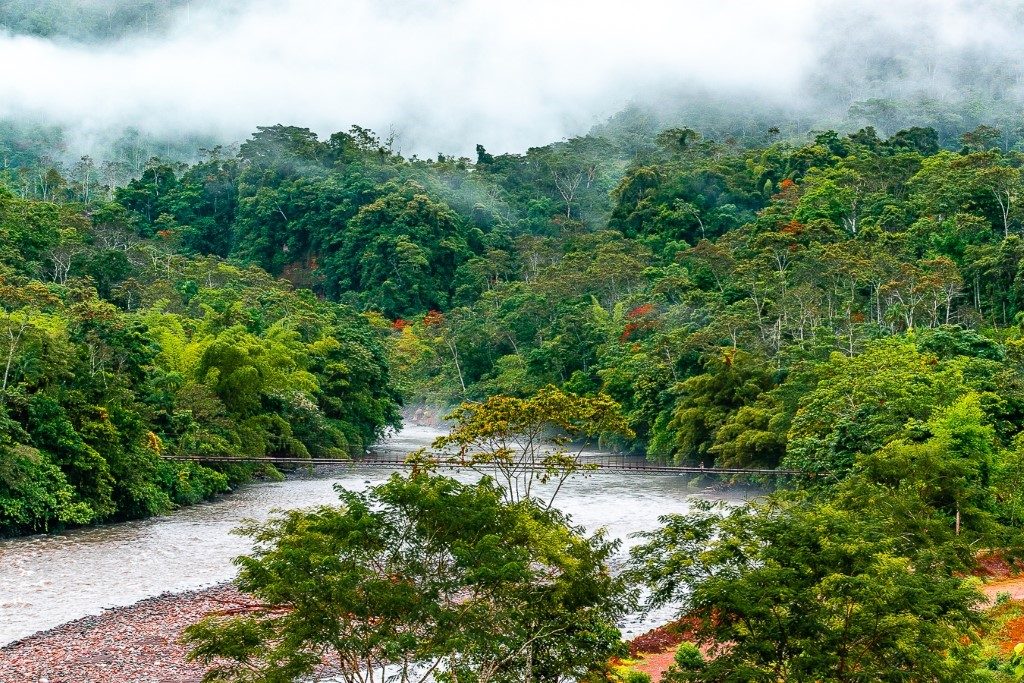The Ministry of Environment and Water [1] (MAAE); submitted the second Reference Level of Forest Emissions from Deforestation, period 2001-2014, to the United Nations Framework Convention on Climate Change (UNFCCC), on January 6, 2020.
The Forest Reference Emissions Level from Deforestation (FREL-D) has a national scope; it is the baseline for evaluating the country’s performance in implementing REDD+ activities and is the parameter for measuring, reporting and verifying the reduction of forest carbon emissions in the context of payment for results.
The Technical Assessment was performed by UNFCCC experts and is currently under review. The MAAE technical team had a first interaction with the evaluators and will continue to respond to requests to resolve any issues that arise in the process.
With this report, MAAE hopes to advance towards new multilateral or bilateral agreements to access and obtain Payments for REDD+ Results. Ecuador is currently applying territorial intervention measures, actions and strategic plans to reduce deforestation nationwide.
Background
In 2014, Ecuador submitted its first Forest Reference Emissions Level from Deforestation (FREL-D) with a national scope. A Technical Evaluation of the document was carried out by UNFCCC experts in 2015. The evaluators felt that the technical report was consistent, coherent and transparent.
You can find the first report at the following link: http://reddecuador.ambiente.gob.ec/redd/wp-content/uploads/2017/08/Nivel-Referencia-Emisiones-Forestales-Deforestacion_Ecuador_Actualizado-2015_ingles.pdf
Photos: Jorge Armijos Description: Méndez Cantón, Morona Santiago Province
Author: Jorge Armijos – Technical Specialist in Forest Reference Emissions Level FAO-PROAmazonía
[1]The units directly involved in preparing this document were: the Undersecretariat of Climate Change, the Undersecretariat of Natural Heritage with the National Forest Monitoring System with technical support from the United Nations Food and Agriculture Organization (FAO), through PROAmazonía.
 Español
Español English
English


